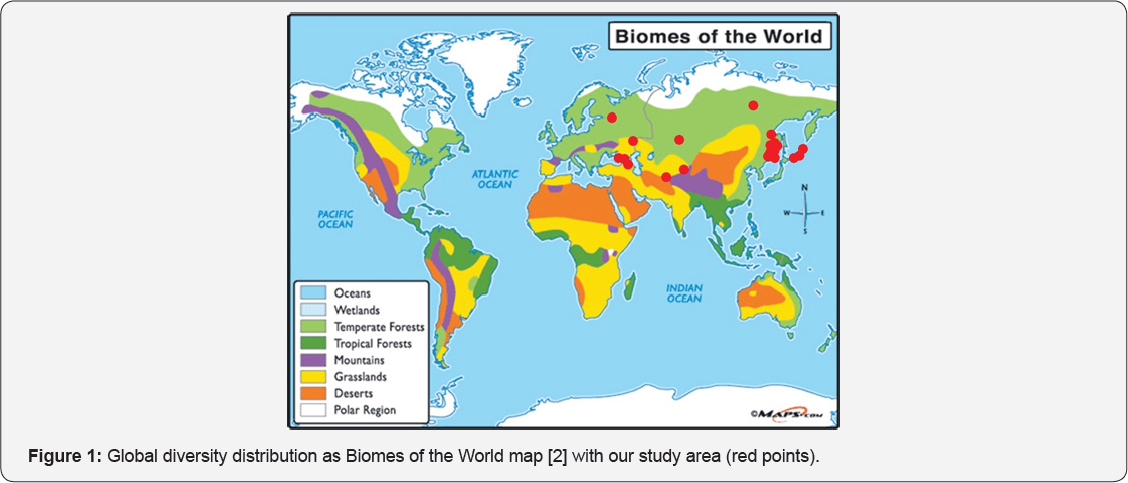

One solution is the reduction of government expenditure. The ongoing economic crisis has left many governments with large budget deficits. Measuring and monitoring the natural environment provides evidence for such reporting obligations (2) and underpins the development of environmental policies. In addition, governments have a multitude of legislative and statutory obligations and commitments to meet. Monitoring the state of the natural environment is essential to identifying environmental problems, helping to understand drivers of change and testing the effectiveness of national and international policies to reverse declines. Human activities have led to substantial and potentially irreversible loss in the diversity of life, brought about through changes to ecosystems to meet rapidly growing demands for natural resources such as food, fresh water, energy and materials (1). The world faces fundamental environmental issues and challenges. The intended outcome is to ensure that high quality, scientifically robust environmental monitoring can be maintained despite decreasing government funding. Scientists and stakeholders across all types of monitoring (some of whom may be less familiar with volunteer monitoring) will have improved knowledge of the process and can design monitoring schemes to maximise the use of volunteers and minimise the effect of government austerity measures. The paper aims to review current volunteer monitoring (particularly in conservation) and identify the common aspects for big society environmental monitoring. Greece, Ireland and UK will have a significant effect on public spending, and potentially on government funded environmental monitoring. The recent austerity measures announced by various governments e.g. Effective partnerships between environmental monitoring organisations and volunteers may thus aid the UK in developing robust coordinated monitoring systems that will be less vulnerable to funding variances. We argue that in order to ensure that environmental monitoring continues to be effective it is important to learn from examples where volunteers are currently used, acknowledging constraints and identifying potential approaches which will help to maximise both their engagement and data quality.


In this paper, we review available literature concerning the use of citizen science for monitoring, present examples of successful volunteer monitoring work and highlight important issues surrounding the use of volunteers. Recent UK government announcements have indicated an increased role for ‘Big Society’ in monitoring. Environmental monitoring is essential for assessing the current state of the environment, measuring impacts of environmental pressures and providing evidence to government. This article is reproduced from the Journal of Environmental Monitoring, 2011, 13, 2687-2691 by kind permission of the Royal Society of Chemistry.


 0 kommentar(er)
0 kommentar(er)
